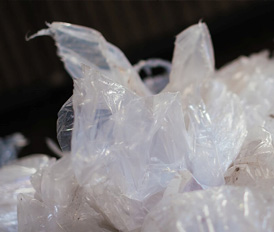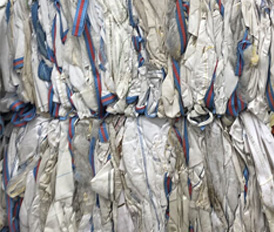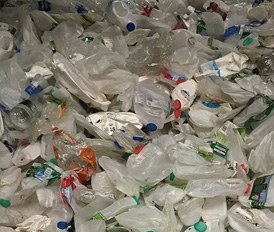Waste Sector to Play a Key Role in EU Transition to Energy Independence | Recyclable Energy
by George Kiernan
Pakire Polymers News
Energy Independence
The European Waste Management Association (FEAD) has made a statement claiming the waste management sector has a key role to play in helping the EU to achieve energy independence from Russia. The FEAD have stated that the sector is not yet anywhere near its capacity for both producing and saving energy.
The FEAD made this statement following an agreement made on July 26th between EU member states to reduce their consumption of Russian natural gas this winter by 15%. The potential for producing power, as well as reducing the consumption of it, by the waste management sector could help the EU to prepare for any disruption to the energy supply.
Independent Electricity
According to the FEAD, the waste management sector could help the EU meet this 15% target in reduction of gas consumption in a number of ways. For example, the plastics recovery and recycling sectors reduce the demand for raw materials such as oil and gas. These fossil fuels are required to manufacture virgin plastics; by recycling these materials, you avoid the need to extract, transport and polymerise new crude oil or natural gas.
Not only would recycling materials such as plastics reduce our energy consumption, but it would also reduce our consumption of resources and productionof carbon emissions. Both of these additional benefits help to protect the environment while keeping more value in the economy. By reducing the demand for energy in this way, the EU would be able to rely more on its own independent electricity supply.
Waste To Energy
Waste-to-energy could also have a role to play; not only would increasing the amount of our problematic waste streams that we send to incineration reduce the amount being sent to landfill, but it would also increase the amount of electricity and heat the EU could produce. Waste-to-energy already provides electricity to 18 million people and heat to 15 million people, with as much as 50% of this being considered as renewable.
At Pakire Polymers, we do not want to see incineration become too heavily relied on for handling our waste. Recycling as much of our waste as possible (by prioritising recyclability in the manufacturing process) is still the best, most energy-efficient form of waste management we have. However, for materials that can’t be recycled, sending them to waste-to-energy plants is far more preferable than sending them to landfill.
Independent Power Production
The FEAD called for the EU to implement policies that actively incentivise recovery and recycling markets. These could include education to foster public support, green public procurement requirements, mandatory recycled material content in manufacturing, EU end-of-waste criteria and good old-fashioned financial incentives.
We fully support all of these policy proposals here at Pakire Polymers; we believe increasing the amount we recycle now is not only a powerful tool to help us deal with our current energy crisis, but will also accelerate us towards fully independent power production and a fully circular economy.
The European Waste Management Association President, Peter Kurth, said, “The European waste management sector has a role to play in the decarbonisation of our society, avoiding the combustion of fossil fuels and the use of virgin raw materials; it has a role to play in the promotion of a circular economy, by producing secondary raw materials and safely treating non-recyclable waste; and it has a role to play in the energy independence of the EU, by providing energy from a local, reliable, and safe source.
“This essential role needs to be consistently recognised across EU legislation and its requirements clearly and realistically established with a holistic approach.”
Share article on your social media
More related articles
Work with Us
If you have a passion for recycling and for achieving a sustainable future, then we want to hear from you.





